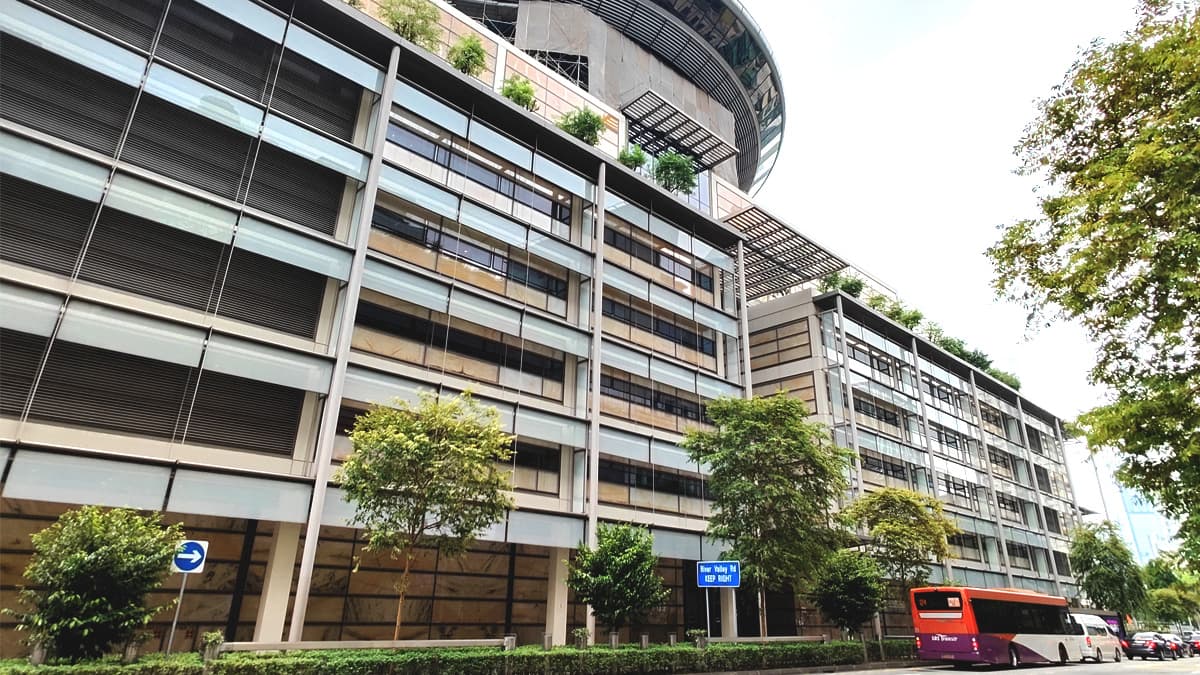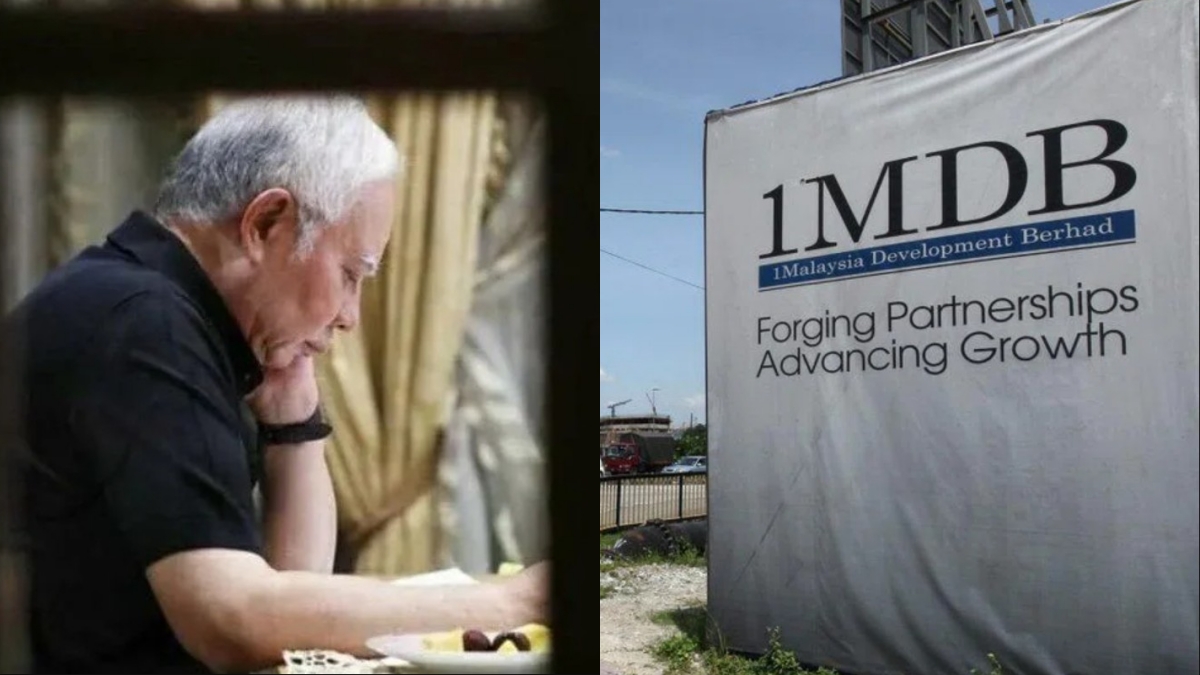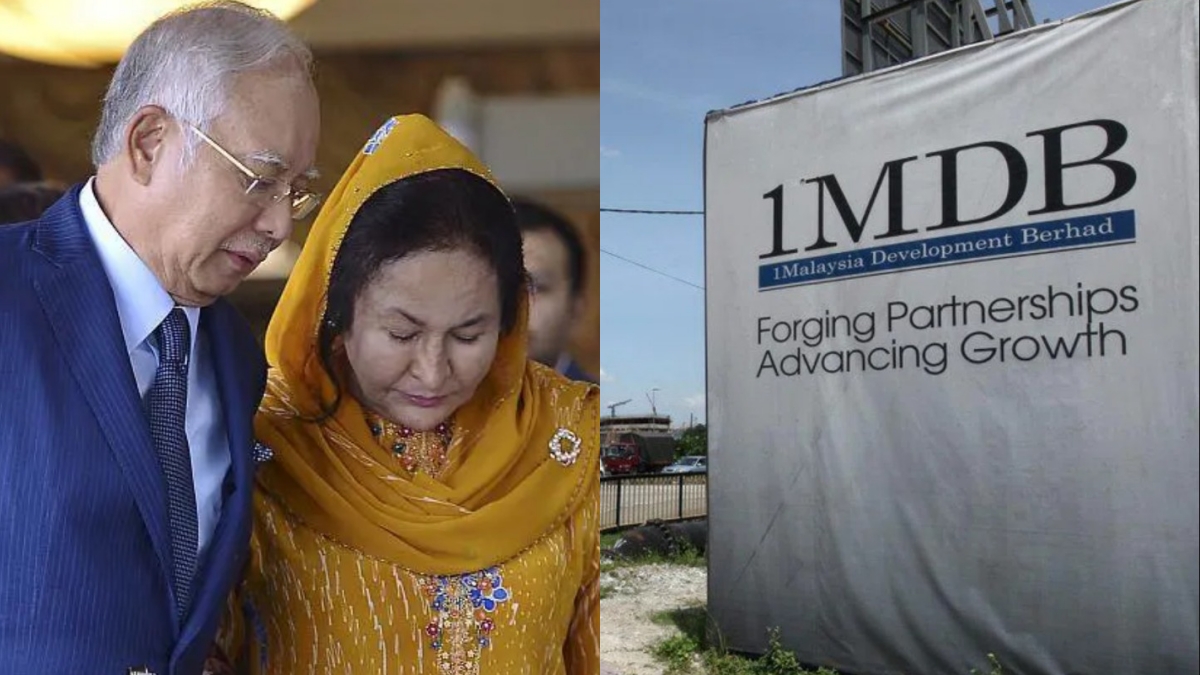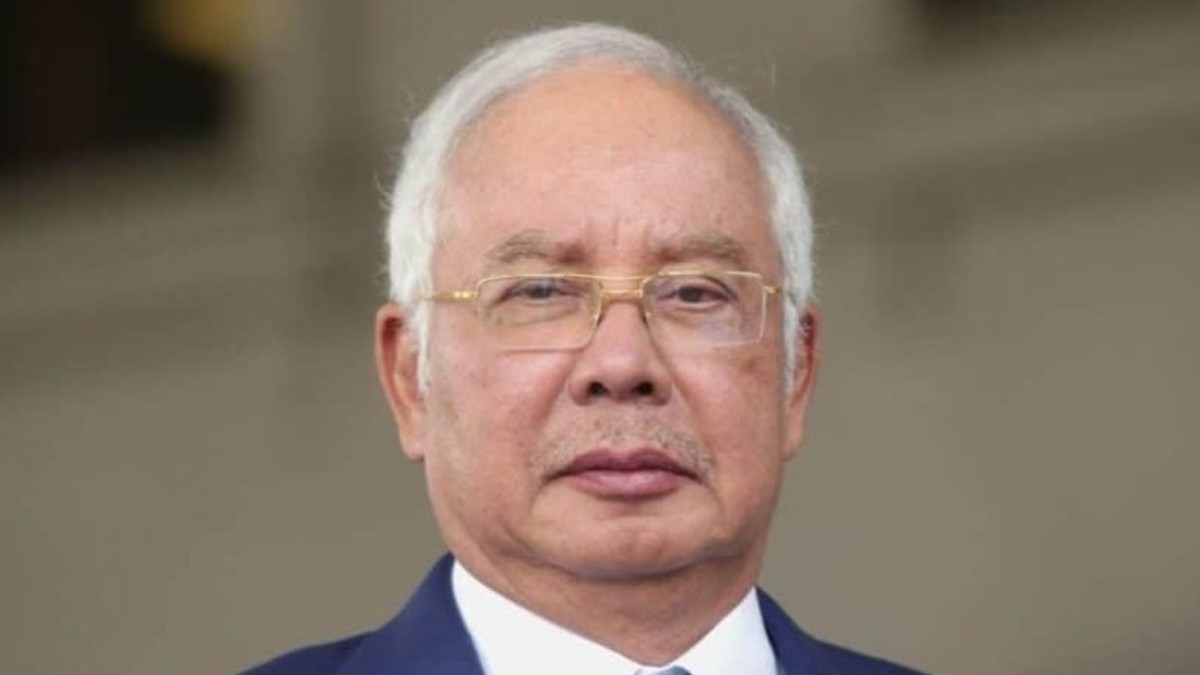High Court rules foreign liquidators cannot pursue pre-Model Law avoidance claims
The Singapore High Court has dismissed two applications by foreign liquidators seeking to pursue avoidance claims for pre-Model Law transactions, affirming that Article 23(9) of Singapore's cross-border insolvency law bars such proceedings.

- Singapore’s High Court has ruled that foreign liquidators cannot bring avoidance claims for transactions occurring before the Model Law's commencement in 2020.
- Article 23(9) was found to be a deliberate and express legislative bar, unaffected by discretionary powers under Article 21(1)(g).
- The applications by the liquidators of Blackstone Asia and Brazen Sky were dismissed, with alternative remedies left open.
On 24 September 2025, the Singapore High Court dismissed applications by the foreign liquidators of Blackstone Asia Real Estate Partners and Brazen Sky.
The court found that the liquidators lacked standing to pursue avoidance actions for transactions entered into before the enactment of the UNCITRAL Model Law on Cross-Border Insolvency, as implemented in Singapore.
Justice Aidan Xu ruled that Article 23(9) of the Singapore Model Law unambiguously prohibits such claims, regardless of the alleged fraudulent nature of the transactions.
Transactions at the heart of the case occurred before cross-border insolvency regime began
The first application (HC/OA 142/2023) involved Blackstone Asia Real Estate Partners, whose liquidators sought to reverse transactions involving accounts at Standard Chartered Bank (Singapore).
The second application (HC/OA 533/2022) related to Brazen Sky Limited, which aimed to set aside transactions involving BSI Bank and several of its former employees. These claims overlapped with those in a separate proceeding (HC/OC 314/2024) brought by 1Malaysia Development Berhad.
In both cases, the impugned transactions occurred before 30 July 2020 — the date the Singapore Model Law took effect.
Liquidators argued for court discretion despite statutory limitations
The applicants submitted that Article 21(1)(g) of the Singapore Model Law empowers the court to grant broad relief, including allowing foreign representatives to bring avoidance claims even for pre-enactment transactions.
They argued that such discretion is necessary to prevent impunity for fraudulent conduct and to uphold the objectives of cross-border insolvency cooperation.
They also relied on previous court decisions — including Re Zetta Jet — in which similar relief had been granted, though acknowledged those cases lacked full argument.
Banks and employees opposed, citing express legislative limits
The respondent banks and individual employees strongly resisted the applications, arguing that Article 23(9) creates an express and unambiguous prohibition.
They emphasised that this article was deliberately inserted into the Singapore version of the Model Law and not present in the original UNCITRAL text, reflecting Parliament’s intent to bar retrospective claims.
It was further argued that allowing standing in such cases would undermine legal certainty and parties’ legitimate expectations under the prior legal framework.
Justice Xu rules that discretion cannot override Article 23(9)
Justice Xu held that the language of Article 23(9) clearly bars foreign representatives from bringing avoidance claims related to pre-enactment transactions.
He rejected the applicants’ interpretation that Article 21(1)(g) could override or circumvent the prohibition. While the court acknowledged that Article 21 allows for broad discretionary relief, it cannot be read as prevailing over specific statutory exclusions.
The judge found no support in the context or purpose of the legislation to suggest otherwise. Instead, he concluded that the Singapore Parliament had intentionally created this bar as part of its implementation of the Model Law.
Legislative intent supports prohibition on retrospective claims
The court highlighted that Singapore’s version of the Model Law differs materially from the UNCITRAL text, particularly in including Article 23(9).
While the UNCITRAL framework promotes cross-border cooperation, Singapore’s implementation introduced express limitations to ensure legal certainty and prevent retrospective application.
Justice Xu cited commentary from the Annotated Guide to the Singapore Insolvency Legislation, which noted that Article 23(9) was enacted to protect expectations regarding transactions entered into before the Model Law's commencement.
Prior decisions not binding due to lack of full legal arguments
The court acknowledged that similar relief had previously been granted in earlier cases, including Re Zetta Jet, but stressed those decisions were unopposed and lacked full argumentation.
As such, they could not be relied upon to support the applicants’ interpretation or override the plain meaning of the statute.
Justice Xu reiterated that courts must interpret enacted laws faithfully and cannot imply discretionary power where clear statutory limits exist.
Wider policy considerations acknowledged but not determinative
Justice Xu recognised the potentially unfair consequences of the decision, particularly where fraudulent conduct is alleged.
He noted that while the ruling may hinder immediate redress, it does not preclude other legal avenues, such as commencing local proceedings under Singapore law.
However, the court affirmed that its role is to apply the law as enacted, not to read in policy goals that Parliament did not express through legislation.










